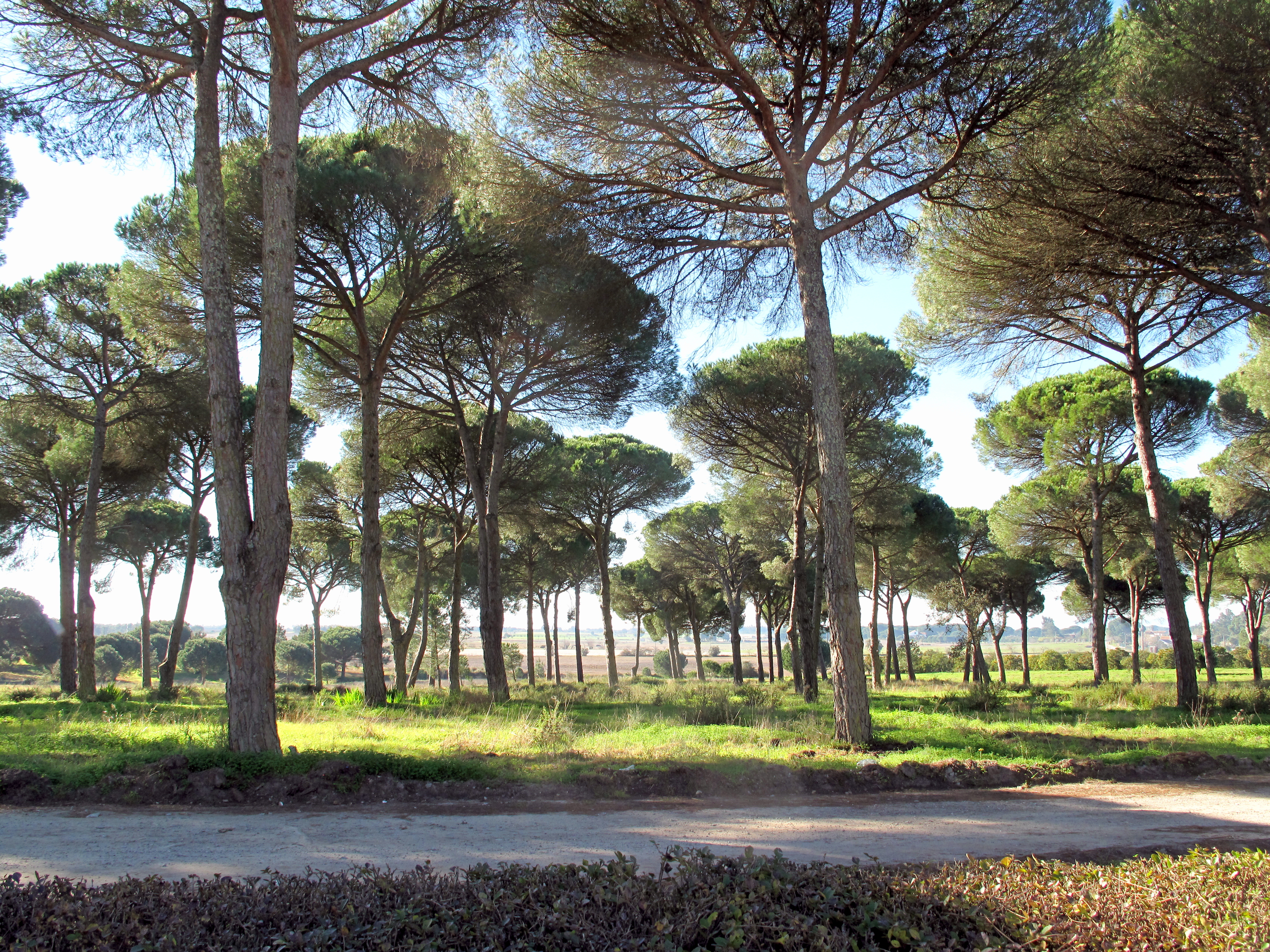Internal Colonization in Portugal: Unfulfilled Projects
Main Article Content
Abstract
This article addresses the Portuguese policies of internal colonization carried out within the political and ideological framework of the New State corporatist regime. Although the first proposals date back to the nineteenth century, this process was only implemented throughout the 1930s, 1940s and 1950s, a period during which a small number of agricultural villages was built from scratch. While these policies have produced new rural and architectural landscapes worthy of study and preservation, they remain poorly known and recognized as such. Based on different sources and information, this short essay seeks to contribute to the better understanding of the scale and impact of this experiment, as well as to its historical significance. Our approach and conclu- sions do not fail to consider the modest size of the colonizing project undertaken by the Portuguese State when compared, for example, to what happened in Spain or Italy. Quite far from what was initially planned, the construction of only seven Agricultural Colonies can only be seen as a trial run for a much larger agrarian and land reform that was repeatedly postponed.
Article Details

This work is licensed under a Creative Commons Attribution-NonCommercial-NoDerivatives 4.0 International License.

